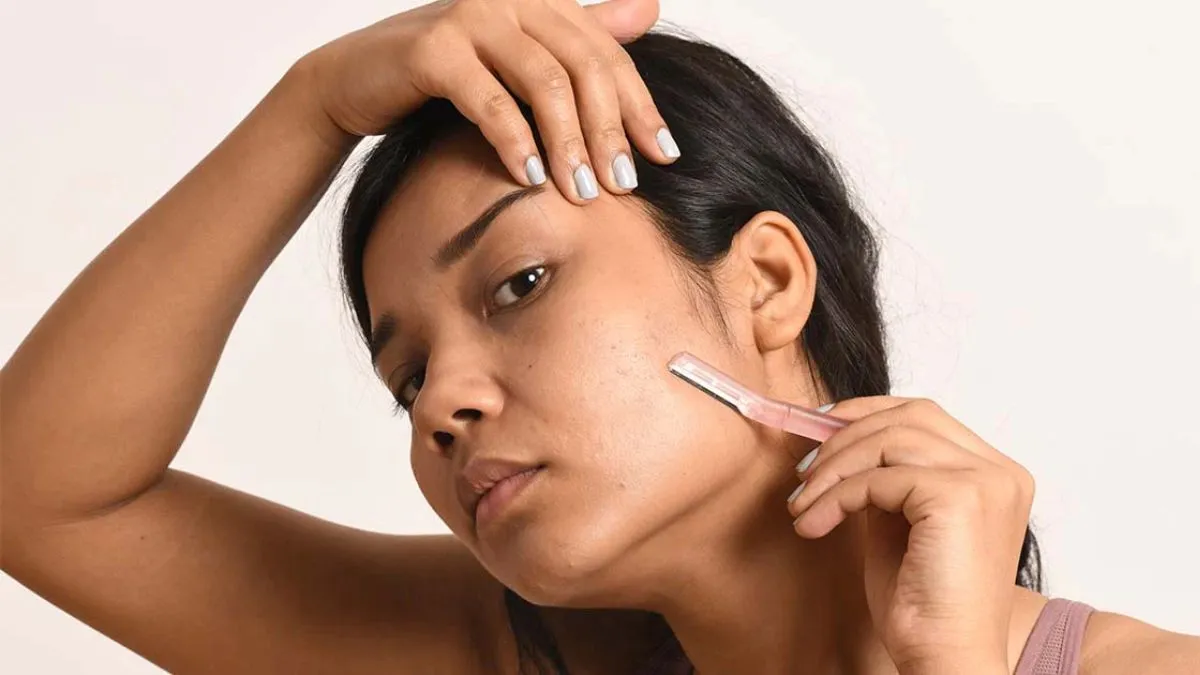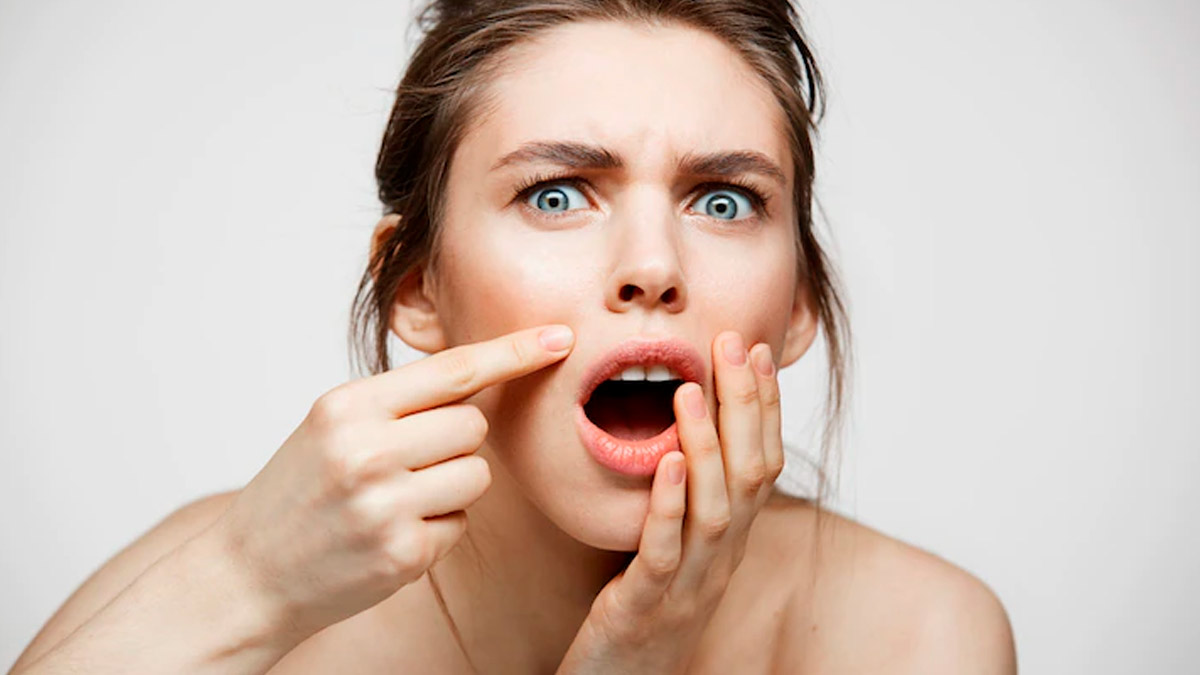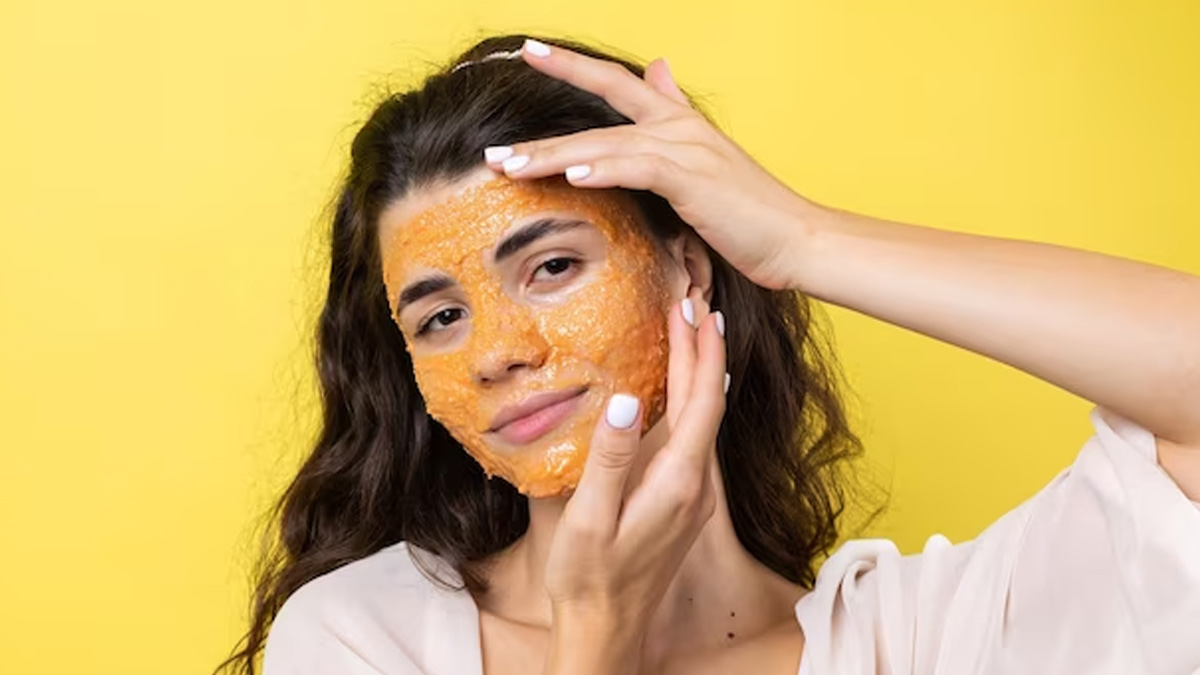
Worried about facial hair? It is something most women notice but rarely talk about. A few fine strands on the upper lip or chin are completely normal, but when those hairs turn darker or thicker, it can feel frustrating and even affect confidence. With social media filled with “quick fixes” and home remedies, it’s easy to feel confused about what really works.
Table of Content:-
To understand what causes facial hair growth in women and how to manage it naturally, we reached out to Dr Neeharika Goyal, Consultant-Dermatologist at Svastam Wellness Skin Clinic, New Delhi. She explains the science behind it and shares safe, dermatologist-approved ways to reduce facial hair at home.
Why Do Women Get Facial Hair?![]()
According to Dr Goyal, facial hair growth is primarily driven by hormones, especially testosterone. “The theory behind facial hair growth is that hair follicles are actively stimulated by testosterone,” she explains. “In conditions like PCOS (Polycystic Ovary Syndrome), the body produces more androgens, which leads to excessive hair growth on the face and body. This is medically termed hirsutism.”
In simpler terms, hormonal imbalance is the main factor. When androgens increase, the fine, soft hair, known as vellus hair, can turn thicker and more visible.
Dr Goyal adds, “Most women have vellus hair, which is soft and barely noticeable. It’s completely normal. But if you notice coarse or darker hair suddenly appearing, it could signal a hormonal change.”
5 natural ways to manage facial hair at home![]()
If your facial hair is mild and not linked to a medical condition, there are gentle natural remedies that may help slow growth and make hair less visible.
Dr Goyal recommends a few tried-and-tested options:
Spearmint tea:
“Spearmint tea can help lower androgen levels naturally,” she says. Drinking it regularly may help reduce excessive hair growth over time.
Turmeric:
Known for its anti-inflammatory and anti-androgen properties, turmeric can slightly slow hair growth when used regularly as a face mask.
Papaya:
“Papaya contains enzymes that mildly exfoliate the skin and may weaken hair follicles,” explains Dr Goyal. A mashed papaya and turmeric paste can be applied once or twice a week.
Sugar and gram flour scrub:
These ingredients gently exfoliate, making hair appear lighter and the skin smoother.
Oatmeal mask:
Oatmeal works as a mild exfoliant and helps soften facial hair, giving skin a smoother look.
She adds, “All these remedies work only with consistent use and have temporary effects. They make the hair less noticeable, not permanently gone.”
Do Natural Remedies Really Work?![]()
While home remedies are safe and soothing, scientific evidence supporting their long-term effect is limited. “Home masks with turmeric, papaya, or oatmeal are mainly exfoliating,” says Dr Goyal. “They reduce visibility of hair but don’t stop new growth. Regular use can make skin smoother, but for permanent solutions, medical treatments like laser or electrolysis are required.”
A study published in the Journal of Clinical and Aesthetic Dermatology highlights the link between androgen levels and hair growth patterns in women with PCOS. The study emphasises that hormonal therapies combined with lifestyle changes are often needed for effective management.
When Should You Worry?
A few strands here and there are normal. But if there’s a sudden increase in facial hair, especially along the chin, upper lip, or jawline, it’s worth checking in with a doctor.
Dr Goyal says you should seek medical advice if:
- Hair growth is rapid or excessive
- You also have acne, oily skin, or irregular periods
- There’s weight gain or scalp hair thinning
“These can be signs of PCOS or thyroid disorders,” she explains. “A simple blood test can help diagnose hormonal imbalance so that treatment can begin early.”
ALSO READ: Why Are PCOS and Thyroid Issues Rising Rapidly Among Gen Z Women?
Conclusion
Managing facial hair naturally calls for patience and understanding your body’s signals. While home remedies can help improve skin texture and lessen hair visibility, they don’t replace professional care when there is an underlying hormonal issue. Dr Goyal’s advice underscores the balance between natural care and medical consultation to achieve the best results.
Also watch this video
How we keep this article up to date:
We work with experts and keep a close eye on the latest in health and wellness. Whenever there is a new research or helpful information, we update our articles with accurate and useful advice.
Current Version
Nov 18, 2025 09:40 IST
Published By : Vivek Kumar



